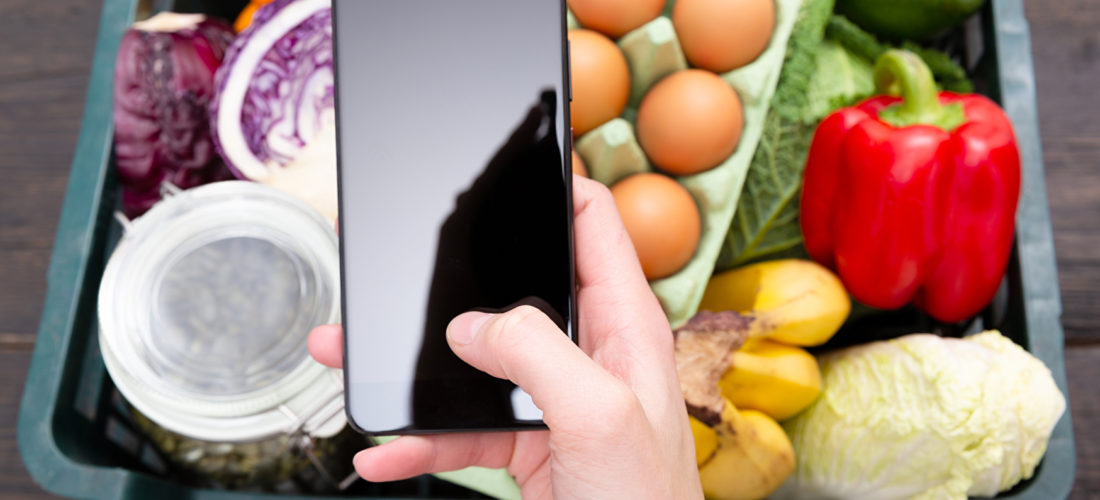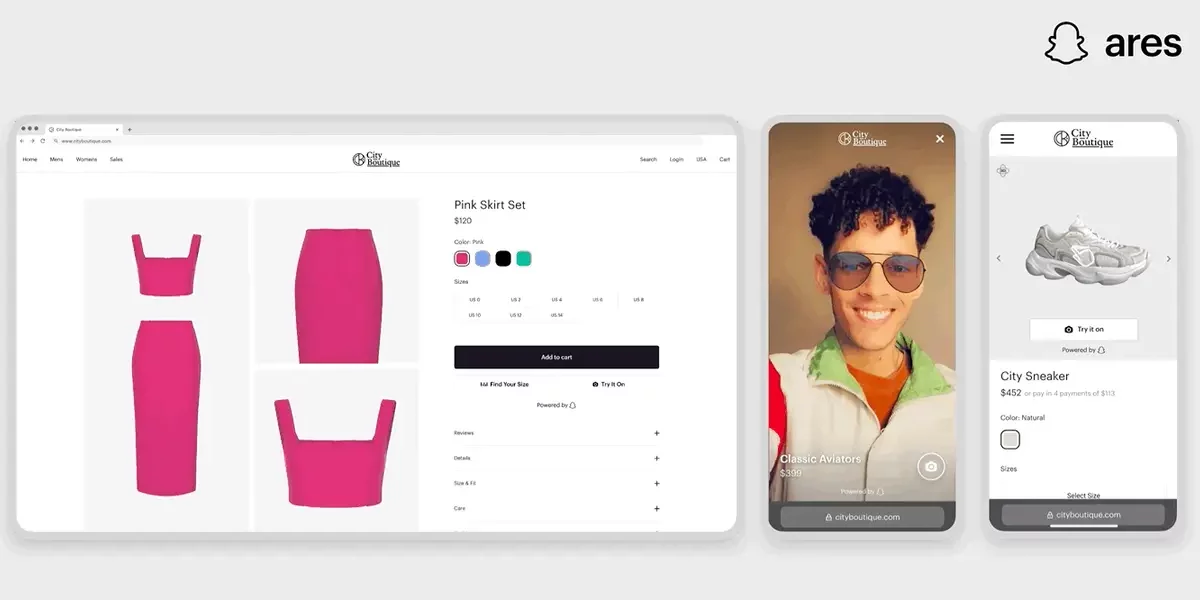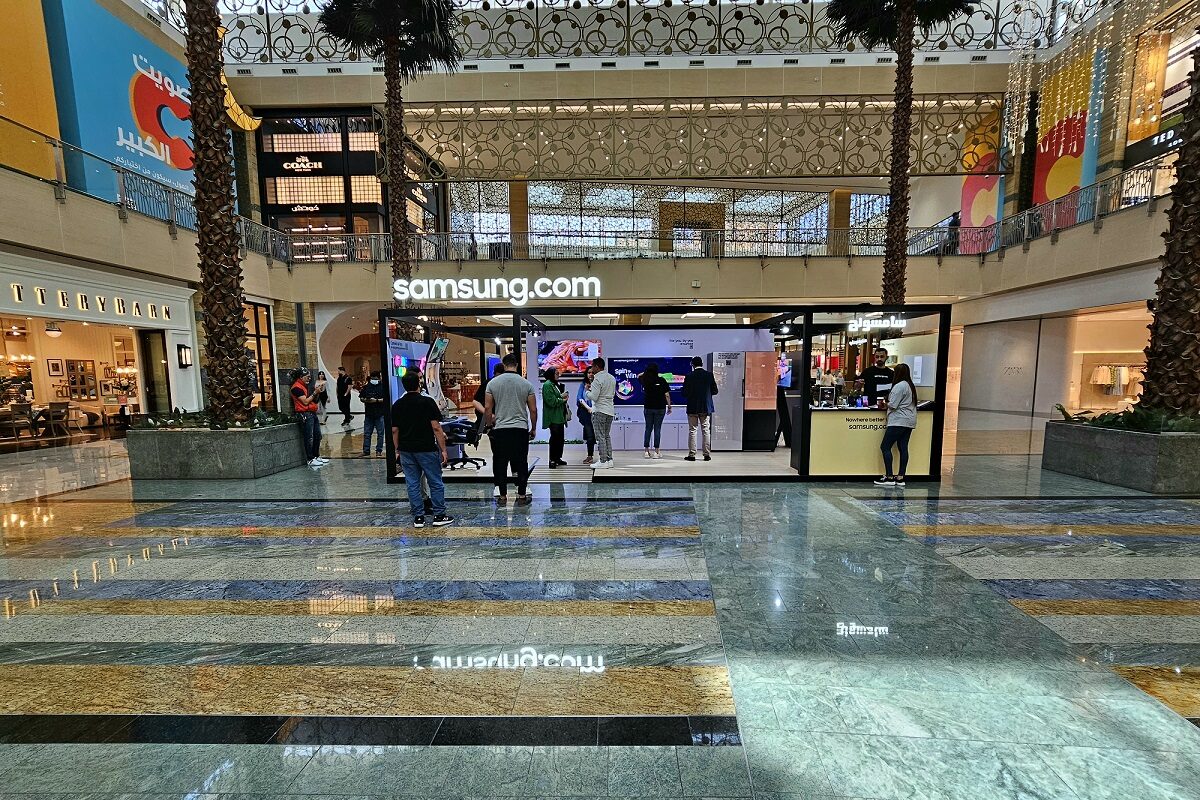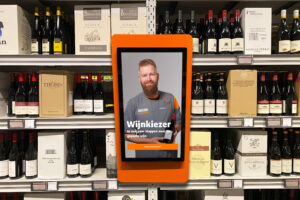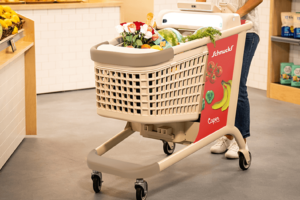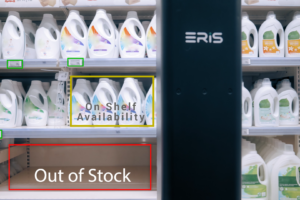How online retailers and delivery services are reacting to changing user behaviour
For a long time, online food retailing was the problem child for German e-commerce. In many other countries, order rates for food were consistently higher than in Germany. Various initiatives by bricks-and-mortar German food retailers to enter the online business ended up in stagnation or even failure. Will the coronavirus pandemic now give the boost needed to successfully launch this branch of the business?
Many customers who are worried about becoming infected while shopping in a bricks-and-mortar store welcome being able to have food and everyday necessities delivered to their doorstep. As a result, the number of orders placed with grocery retailers with online product ranges and delivery services is increasing. “The uncertainties surrounding the novel coronavirus are disrupting shopping habits to a large extent and making online food retailing a more attractive, novel proposition for many consumers,” explained Dr. Eva Stüber, member of the IFH Cologne management board, in a press release dated March 10th.
More orders and larger shopping baskets
This is also being noticed by retailers, online supermarkets and delivery services. When quizzed about this, Christina Schütz, REWE Group Press Officer, responded: “At the REWE delivery service we are noticing a significant rise in demand for long-life foods, processed foods, canned foods and drugstore items – similar to the trend in-store.” The Federal Statistical Office also noted that certain products such as toilet paper and soap are now in greater demand than usual.
The online supermarkets such as Picnic, report a similar situation on their platforms: “On some days, so many customers want to place an order that unfortunately we simply do not have enough staff to deal with all the requests, so it may be the case that our delivery dates are sadly booked up earlier than usual.” According to a report by Golem, Amazon’s food delivery service Amazon Fresh is also fully booked for a month.
In a press release dated 29 February, Food.de stated an average increase of one third in the shopping basket, and noted that long-life foods are in particularly high demand. In its company blog, Food.de reported “an increase of 600 percent in new customers, sold-out products and no let-up in the number of orders so far. Overnight, locations that traditionally only see small shopping baskets are rising to the German average of over €80, easily outperforming the stronger regions.”
Thorsten Eder, CMO of getnow, also told us: “We are practically always fully booked and even if we increase our capacity, it’s not long until we’re again at the limit.” Practically all suppliers are experiencing delays, and delivery slots are becoming rarer. According to the MDR broadcaster, some delivery services, for example the beverage suppliers Durstexpress and Flaschenpost, have even had to temporarily close their online shops to adapt to the new conditions.
Restrictions and measures – reactions of suppliers
Of course, the delivery services and online retailers need to react to these altered conditions. The general message is that strict hygiene regulations are being adhered to and deliveries are only being made to the front door. With getnow, there is no longer a need for delivery notes to be signed. According to REWE: “The PDC units used to confirm delivery are disinfected […] each time they are used.”
For hygiene reasons, returns of deposit items and shipping materials are often not being accepted. Due to the high demand for certain FMCG products, the quantities that can be ordered are sometimes limited.
Reacting to this increased demand at short notice is without a doubt a great challenge for the suppliers. “We are optimising our processes and trying to hire new personnel,” explained Thorsten Eder from getnow. Warehouse workers and drivers are urgently being sought.
In a press release, the German E-Commerce and Mail Order Association (Bundesverband E-Commerce und Versandhandel Deutschland e.V.) encouraged the Federal Government to take concrete measures to make it easier for retailers to meet current needs. In addition to working time regulations and steps to support the transport of goods, bevh CEO Christoph Wenk-Fischer calls for strong cooperation between all parties involved in supplying the population with the goods they need: “Home-delivery and the collection of goods via Click&Collect while observing the necessary hygiene requirements form a stable supply infrastructure. Bricks-and-mortar retailers and e-commerce can work as partners to safely supply local needs. This is living and breathing omnichannel retail.”
Online food retail: has its breakthrough come?
Many market participants expect these increased usage figures for online food retailing to continue after the coronavirus pandemic. If customers get used to the procedure and enjoy the benefits, online shopping behaviour is expected to stabilise, so the theory goes. That remains to be seen. It is also possible that after being isolated by the coronavirus consumers will once again value human contact at the counter or checkout in the supermarket, as the example of the “Chat Checkout” in Vlijmen in the Netherlands shows.
There is no doubt that some market participants will be forced to rethink and review their ranges and working methods. Others may now get their chance to establish new concepts and approaches – whether analogue, digital or omnichannel. In any case, the sky is (almost) the limit for creative solutions.
Author: Julia Pott
First published at iXtenso – Magazine for Retailers




